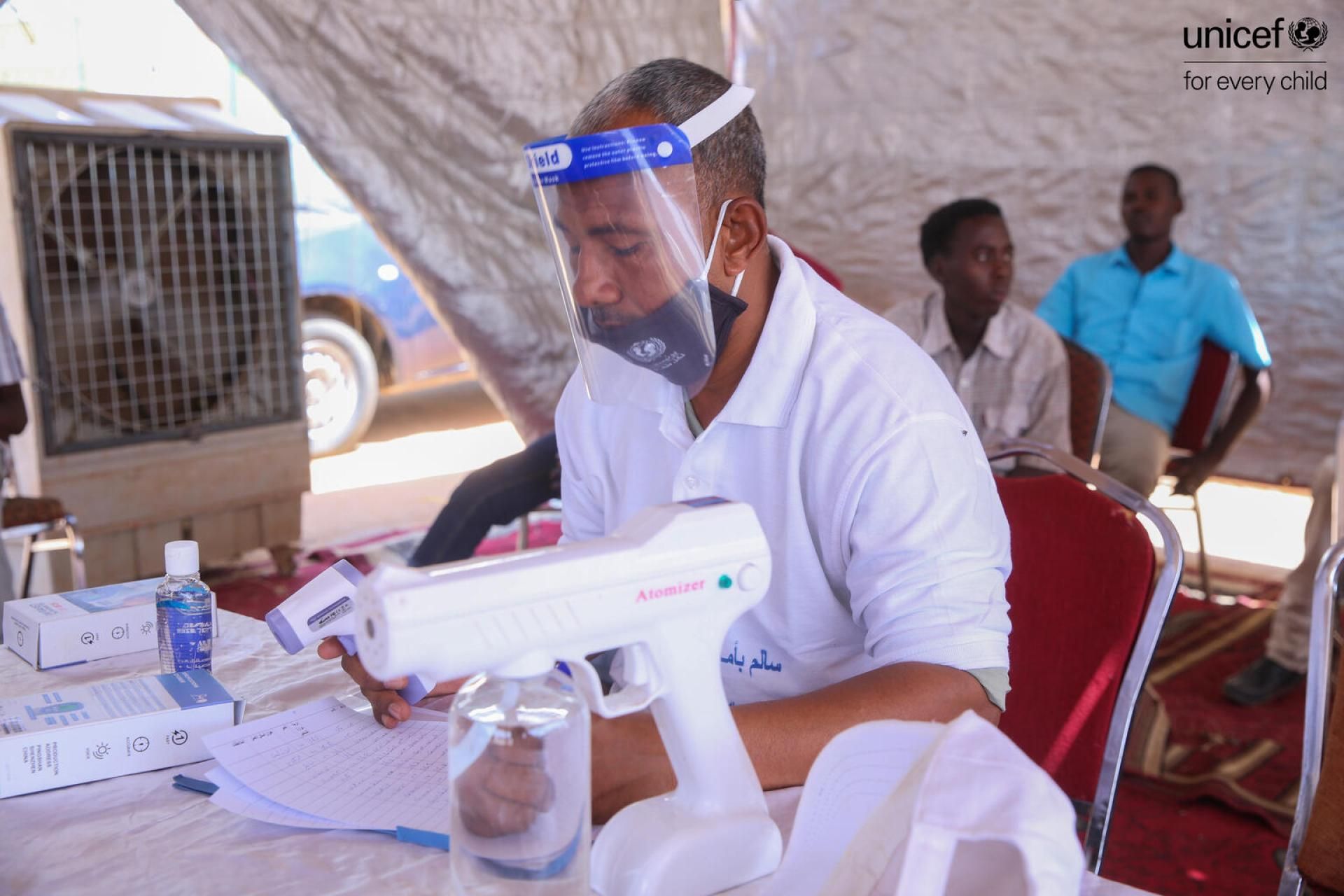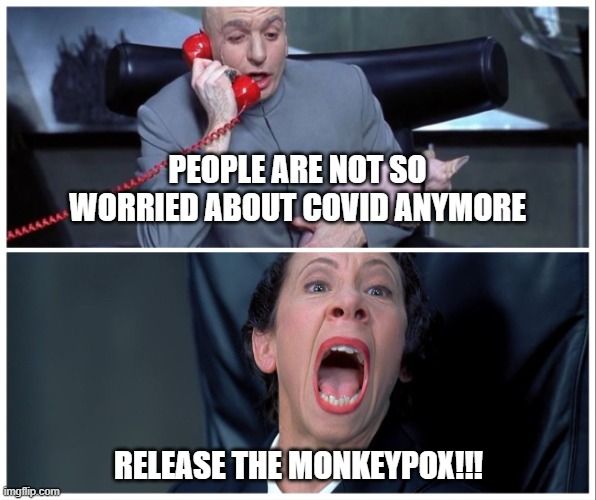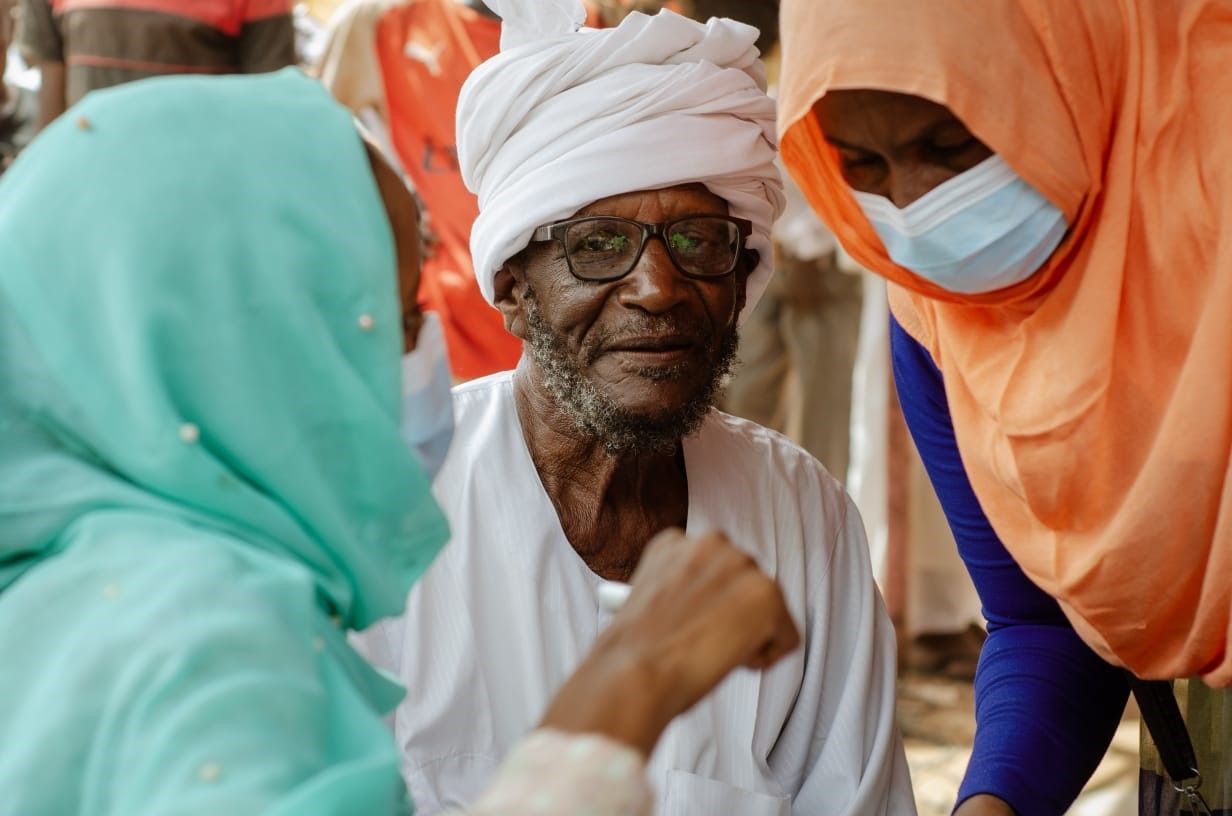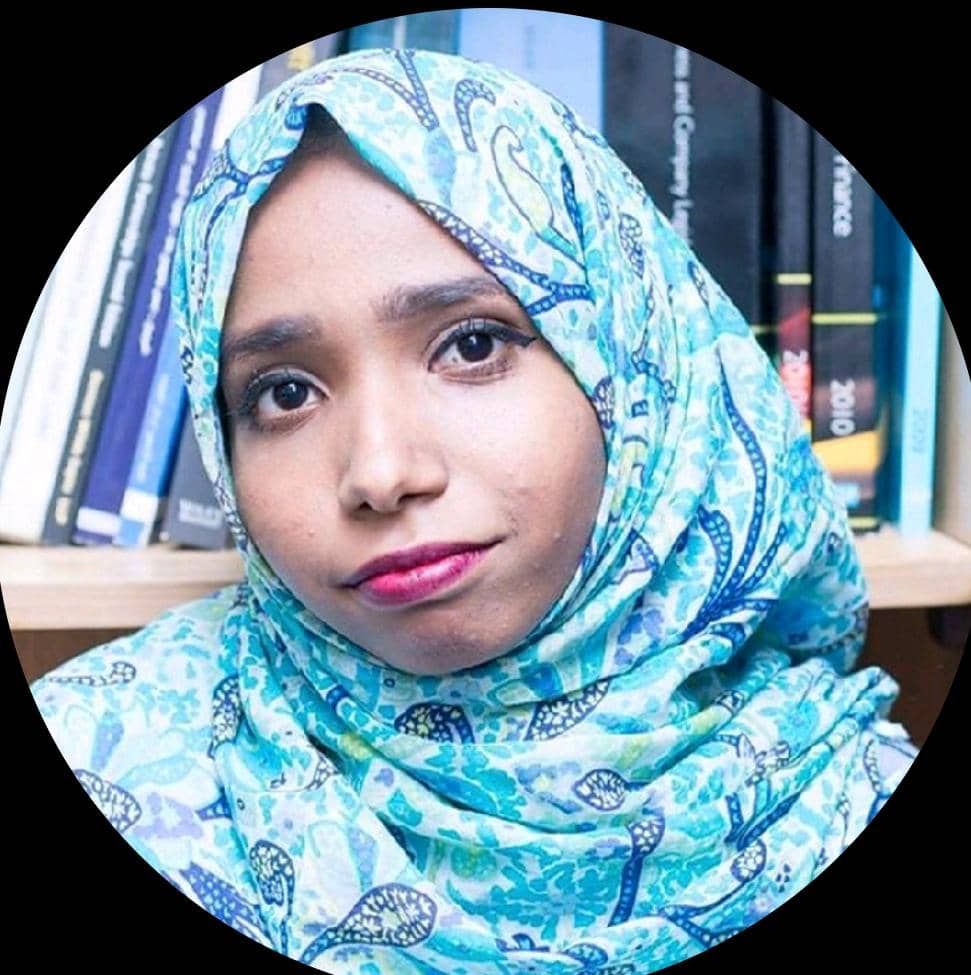The world after COVID-19 is unlikely to return to the world that was before it. Many trends are already underway in the global economy, and they are being accelerated by the impact of the pandemic.
The future of work has arrived faster, along with its challenges. Many of them- such as income polarization, worker vulnerability, more gig work, and the need for workers to adapt to occupational transitions, have potentially multiplied as a result of the pandemic. This acceleration is a result of many factors including technological advances, but also new considerations for health and safety, as economies and labor markets will take time to recover and will likely emerge changed.
With the amplification of these trends, the realities of this crisis have triggered a reconsideration of several beliefs, with possible effects on long-term choices for the economy and society. These effects range from attitudes about efficiency versus resilience, the future of capitalism, densification of economic activity and living, and industrial policy. Our approach to problems such as pandemics and climate change that affect us all calls for global and collective action by the government and various institutions.
As if the world is engaging in an open battlefield, knowing the enemy is heading in a specific direction and suddenly it is as if we are caught up in an ambush. It feels like we are surrounded by a reinforced enemy from all sides, as we battle COVID-19, monkeypox, and Ebola spread widely at the same time.

A medical worker screening patients in Sudan. Source: UNICEF Sudan/ Yeslam
The Disease that Cried Wolf
‘The Boy Who Cried Wolf’ is one of the most famous fables attributed to the classical writer Aesop. It gave us the popular idiom to cry wolf, meaning to raise a false alarm. He had tricked the village several times about the wolf attack and one evening as the boy was watching the sheep, to his horror a wolf really did appear from the forest and attacked the sheep. His cry for help did not yield much as he the people had been fooled twice by a false alarm. The wolf killed a great many of the sheep before slinking back into the forest.
After COVID-19 hit, it seemed difficult to shift focus to any other topic, and rightfully so. The urgency of the situation dictated absolute dedication to the fight against the novel virus, yet as people got accustomed to its existence and after the emergence of vaccines, the world held on the glimmer of hope that all will be back to normal in no time.
Sadly, that didn't happen as the fight got deeper than what meets the eye. It was no longer a matter of only securing immunity, but it entailed changing our ways to adapt to the new reality since history has a habit of repeating itself.
Therefore, it is a natural reaction when people hear that monkeypox, Ebola, and dengue fever are all threats looming on the horizon. There is widespread despair and refusal to acknowledge the new threats when people feel that they have had enough and are not willing to repeat the painful COVD-19 chapter of their lives.
This was the reaction of many Sudanese people when cases of monkeypox were being reported, they believed they already exercised their upper limit of caution and won't be capable of handling another go with a new pandemic. It is also a natural reaction to assume it's all a ploy to create more vaccines to benefit global health giants.
Pharmaceutical Greed and Conspiracy: How Capitalism Plays into Fear Mongering
Any long-term solution to the deadly COVID-19 pandemic involves the discovery and equitable distribution of effective vaccine and treatment options. Yet, across the world, governments are handing responsibility for COVID-19 solutions over to big pharmaceutical firms, who have a long track record of prioritizing corporate profit over people’s health.
The pharmaceutical industry is one of the biggest and most profitable in the world. Many of the individual corporations that constitute ‘Big Pharma’ enjoy annual revenues well in excess of the majority of countries on the planet.
A dystopian view of the situation might read as if there was some sort of Orwellian big brother that controls everything, uses the media to promote the existence of one virus after another, egging people to listen to what it has to say if they want to survive, and in return making a fortune feeding off their fear and willful obedience.
In reality the more modern medicine evolves into being able to conquer diseases that once eluded us, the more adaptable they become to their antidotes, a tale as old as time but it tends to get distorted in times of misinformation and confusion.
This gives way to conspiracy theories about how we are all in servitude for the capitalist machine, and yes these corporations make money out of making vaccines, yet creating a novel virus that might take over the world and not be controlled only for profit seems like it belongs in the pages of a YA novel instead of one for the history books, and a simple test on the disease can show that it's clearly a mutation of an already existing virus.
According to a global justice report, the pharmaceutical sector is driven by the need for very high returns among a handful of mega corporations. In recent years, pharmaceutical corporations have often spent more on share buybacks to keep stock prices high, and dividend payments to wealthy shareholders, than they have on research and development of new drugs.

A meme depicting a scientist as a puppet master controlling COVID and monkeypox. Source: https://imgflip.com/
In fact, many essential medicines, like new antibiotics, are currently not being developed precisely because Big Pharma believes there is insufficient profit involved. It is entirely possible that a vaccine, or at least an effective treatment regime, could have quickly been developed if we had had a sector that was focused on making people healthy, rather than one structured around the imperative of accruing as much wealth from illness as possible.
Divide and Conquer Versus Concentrate and Conjure: How to Fight Multiple Contenders at the Same Time
COVID-19, monkeypox, and in some cases Ebola and dengue fever are now trending together like songs on the Hot 100 billboard, yet sadly in contrast to music they bring no joy except in what we can take from them. We learn that we cannot spotlight one of them and neglect the others. Surviving a single virus was hard enough let alone a three headed monster of a pandemic, which means resources must be employed to simultaneously work on the dangers, with efforts corresponding to the severity of their situation.
For COVID-19, the best way to survive is by adhering to the World Health Organization and government set standard operating procedures. We need to take action for personal and community precautions such as personal hygiene, social distancing, and most importantly getting fully vaccinated.

A man being vaccinated during a mobile vaccination campaign. Source: Andariya
It is also important to strictly follow advice from medical professionals and avoid self-medication alongside unapproved herbal concoctions. For trustworthy information and to avoid propaganda, it is important to get information from trusted sources like the World Health Organization website, the COVID-19 vaccination campaigns on the digital platforms of the Federal Ministry of Health in Sudan, and the Andariya Magazine COVID-19 page that aims to dispel myths, misconceptions and rumors and share facts.
There is still no cure for monkeypox meaning it is important to maintain social distancing, while for dengue fever, it is advised that one uses insect repellents, wear long-sleeved shirts and long pants, and control mosquitoes inside and outside homes. When it comes to Ebola, the Center for Disease Control advises people living in or traveling to a region where the Ebola virus is potentially present to do as follows:
● Avoid contact with blood and body fluids (such as urine, feces, saliva, sweat, vomit, breast milk, amniotic fluid, semen, and vaginal fluids) of people who are sick.
● Avoid contact with semen from a man who has recovered from EVD, until testing shows that the virus is gone from his semen.
● Avoid contact with items that may have come in contact with an infected person’s blood or body fluids (such as clothes, bedding, needles, and medical equipment).
● Avoid funeral or burial practices that involve touching the body of someone who died from EVD or suspected EVD.
● Avoid contact with bats, forest antelopes, and nonhuman primates (such as monkeys and chimpanzees) blood, fluids, or raw meat prepared from these or unknown animals (bushmeat).
Conclusion
Overall, the trio of COVID-19, monkeypox, and Ebola, as challenging as they might be, provide a much needed lesson in how multifaceted a health scare can be and how precautions are necessary to include all of them if we truly want to escape one pandemic after another for the foreseeable future.
The pandemic has affected our daily lifestyle, pressed us with fear of infection, and thereby changed life satisfaction and mental health. The physical and psychological burdens, as well as stresses, have been higher among medical staff members at the forefront of treating patients with COVID-19, compared with the general population
The existing influencing cascade of changes in lifestyle, personal attitudes, and life (dis)satisfaction among the general population and medical personnel is enough evidence that we need to invest in countering the aftereffects. To minimize distress propagation, timely control is necessary concerning the following principal influences: nervous and stressed feelings, trouble relaxing, feelings of failure, trouble concentrating, fear of infecting colleagues, and feeling of a loss of situational control.
